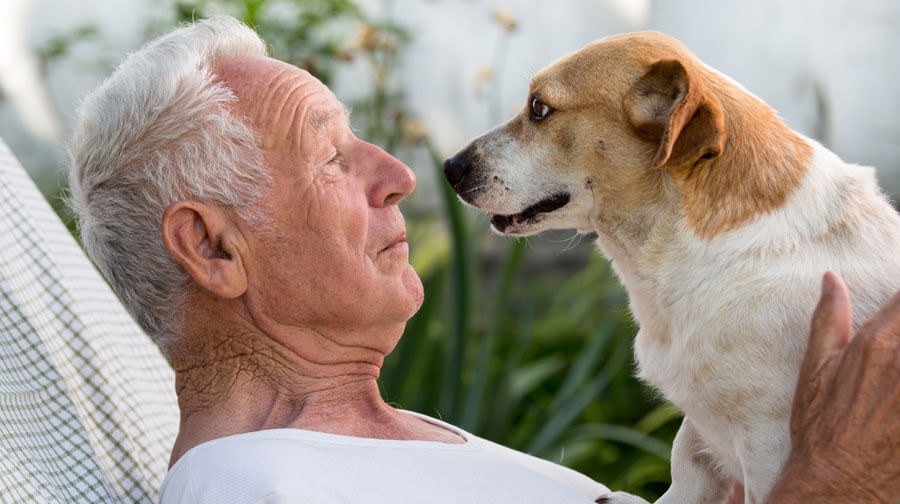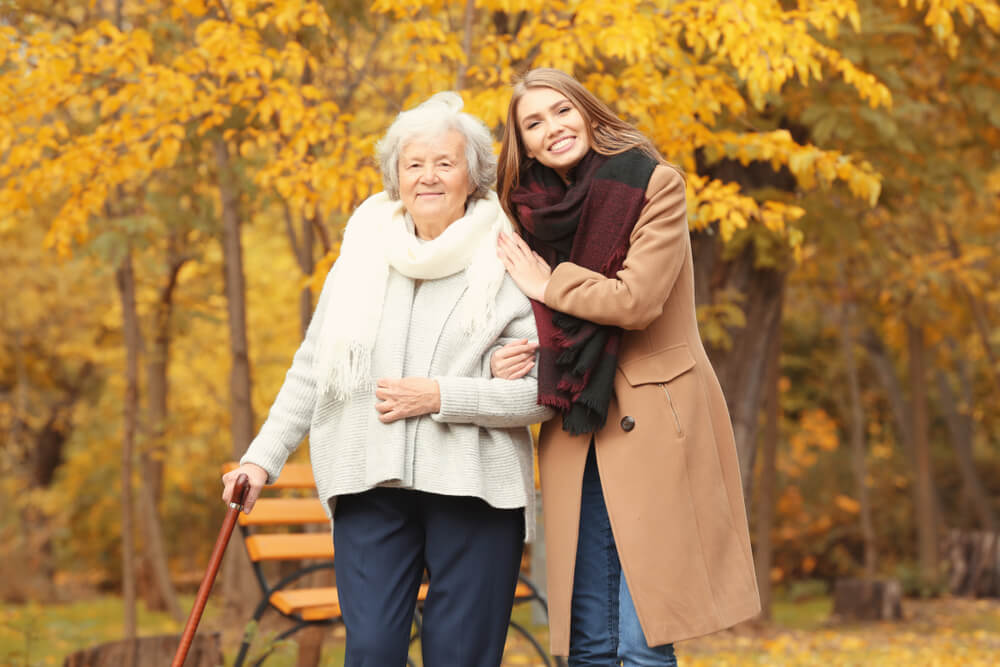Discover the top dogs breeds for elderly individuals and explore the benefits they can bring to their lives.
The Importance of Pets in the Lives of Elderly People
Pets play a significant role in the lives of elderly people, providing companionship, love, and a sense of purpose. For many seniors, especially those living alone, having a pet can help combat feelings of loneliness and isolation. Pets offer unconditional love and can be a source of comfort during difficult times. They provide a sense of routine and responsibility, which can be especially beneficial for older adults who may have lost a spouse or are transitioning into retirement.
Furthermore, studies have shown that owning a pet can have numerous health benefits for elderly individuals. Interacting with pets has been found to lower blood pressure and reduce stress levels. The presence of a pet can also help alleviate symptoms of depression and anxiety. Additionally, having a pet can encourage seniors to engage in physical activity, such as going for walks or playing with their furry companion, which can improve overall fitness and mobility.
Read more about the enriching benefits of dog companionship for seniors.
Physical and Mental Health Benefits of Owning a Dog
Owning a dog specifically has been associated with a multitude of physical and mental health benefits for elderly individuals. Dogs require daily exercise, which means that owning a dog can encourage seniors to stay active. Regular walks with a dog can provide cardiovascular exercise and help maintain muscle strength and joint flexibility.
In addition to the physical benefits, dogs can also have a positive impact on mental health. The presence of a dog can reduce feelings of stress and anxiety. Dogs are known to be great companions and can provide emotional support to their owners. They can help alleviate feelings of loneliness and provide a sense of purpose and responsibility. Furthermore, the act of petting a dog has been found to release oxytocin, a hormone associated with bonding and relaxation, which can help improve mood and overall well-being.
Considerations for Choosing the Right Dog Breed
When choosing a dog breed for elderly individuals, there are several factors to consider. First and foremost, the size and energy level of the dog are important considerations. Smaller breeds are often more manageable for seniors, as they require less physical strength to handle. Additionally, breeds with low energy levels or moderate exercise needs may be more suitable for elderly individuals who may not be able to provide extensive exercise or playtime.
Another important factor to consider is the temperament of the breed. Some breeds are known for being more gentle, calm, and affectionate, which can be ideal for elderly individuals seeking a companion. Breeds that are easy to train and have a good disposition may also be preferable, as they can be easier to handle and interact with. It is important to research and understand the specific traits and characteristics of different dog breeds to find the best match for an elderly person’s lifestyle and preferences.
Top Dog Breeds for Elderly Individuals
While every individual is different and preferences may vary, there are several dog breeds that are often considered well-suited for elderly individuals. These breeds tend to have a calm temperament, manageable size, and low to moderate exercise needs. Some popular choices include:
– Cavalier King Charles Spaniel: Known for their affectionate nature and small size, they make great lap dogs and companions.
– Bichon Frise: These small, friendly dogs are known for their hypoallergenic coats and are great for seniors with allergies.
– Shih Tzu: With their friendly and outgoing personality, Shih Tzus are often recommended for seniors seeking a loyal and affectionate companion.
– Pomeranian: These small and fluffy dogs are full of energy and can bring joy and entertainment to elderly individuals.
– Maltese: Known for their gentle and loving nature, Maltese dogs are excellent companions for seniors.
It is important to note that individual preferences and circumstances should be taken into account when choosing a dog breed. Consulting with a reputable breeder, rescue organization, or veterinarian can provide additional guidance in finding the perfect dog breed for an elderly individual.
Tips for Caring for a Dog as an Elderly Person
Caring for a dog as an elderly person requires some additional considerations to ensure the well-being of both the owner and the pet. Here are some tips for elderly individuals who are considering getting a dog:
– Consider the dog’s exercise needs: Choose a dog breed with exercise requirements that align with your physical abilities. If you have mobility limitations, a breed with low exercise needs may be more suitable.
– Create a safe environment: Make sure your home is dog-proofed to prevent accidents or injuries. Remove any hazards or items that may be dangerous for your dog.
– Establish a routine: Dogs thrive on routine, so establish a consistent schedule for feeding, exercise, and bathroom breaks.
– Enlist help if needed: If you require assistance with certain tasks, such as grooming or walking, don’t hesitate to ask for help from family members, friends, or professional dog walkers.
– Prioritize regular veterinary care: Regular check-ups and vaccinations are crucial to ensure your dog’s health and well-being. Make sure to schedule and attend veterinary appointments.
By taking these tips into consideration, elderly individuals can provide a loving and nurturing environment for their canine companions.
Reach out to us at 832-371-6600 and learn how we can support you in caring for your loved one.
Home Matters Caregiving proudly serves the Houston Metro area providing care for seniors wherever they call home.












